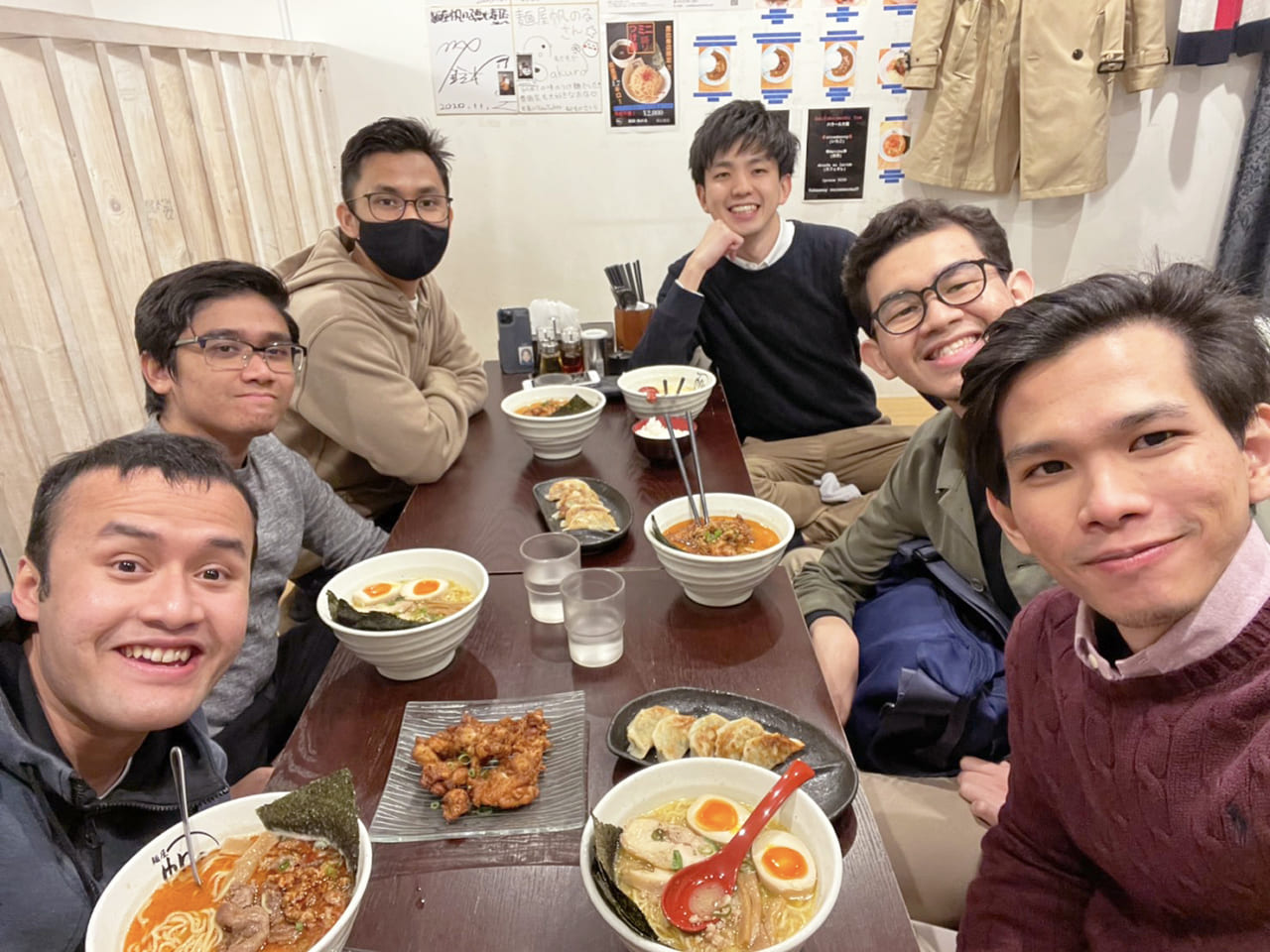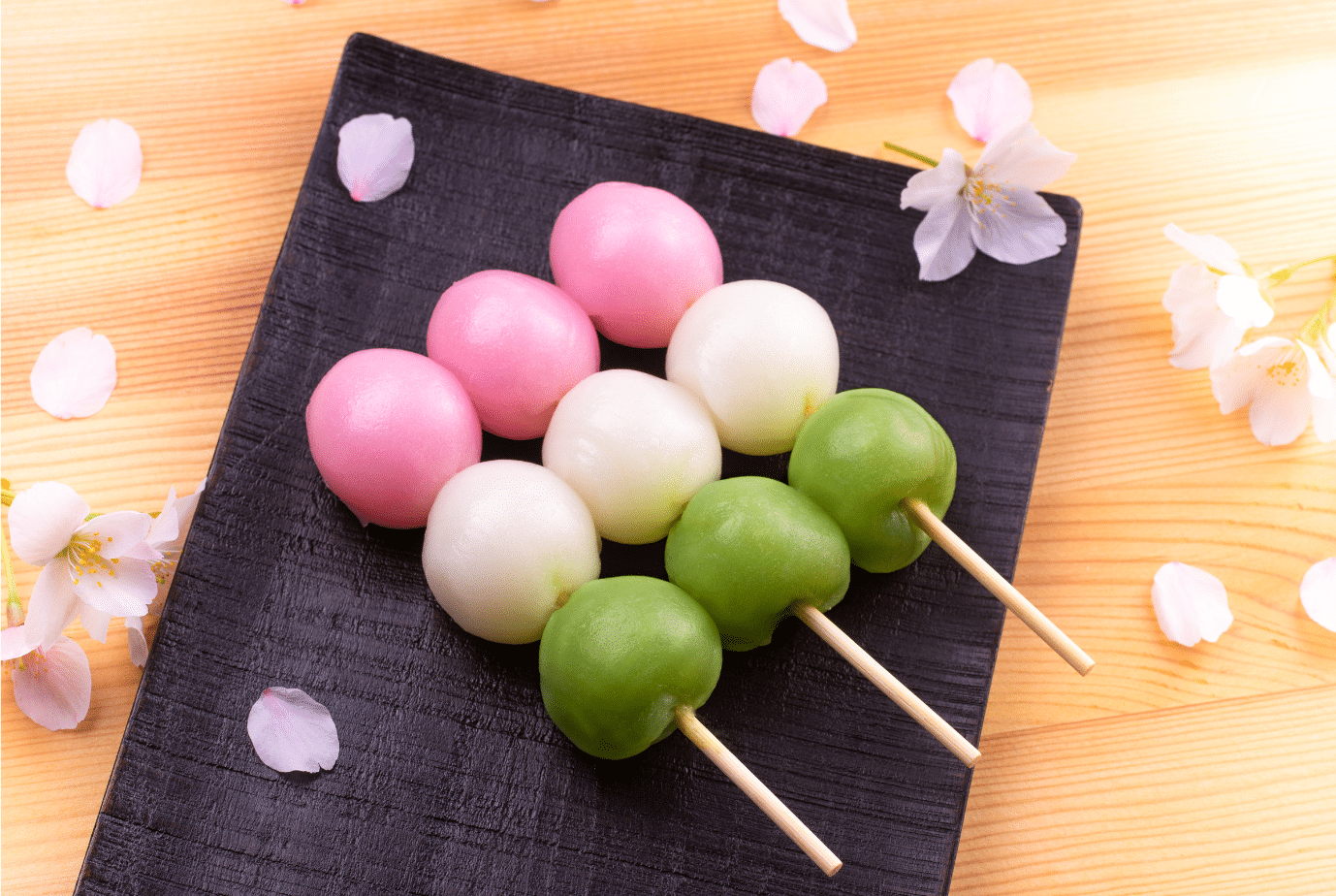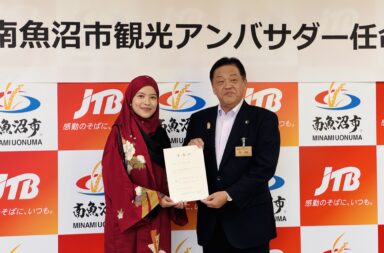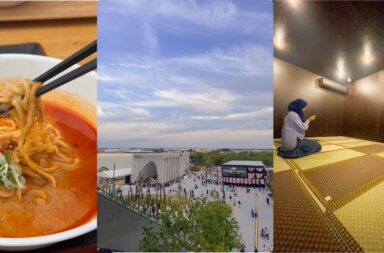This post is also available in: Indonesia
Exploring the Surprising Twists of Ramadan Among Japan’s Muslim Residents
In Japan, when the cherry blossoms begin to unfurl their pink and white petals, another beautiful season is on the horizon: Ramadan.
But in the Land of the Rising Sun, this holy month takes on a uniquely joyful and enchanting twist that blends Islamic practices with Japanese culture. Here’s why Ramadan in Japan is an experience filled with surprises.
1. “Fasting? For a Whole Month?!”
Imagine the look of bewilderment and awe on the faces of Japanese friends when they first hear about Ramadan. “You don’t eat or drink the whole month?!” they gasp, only to burst into smiles when they learn it’s from dawn to dusk.

This often leads to heartwarming (and sometimes humorous) exchanges that deepen friendships and spread joy.
2. Seasonal Fasting Hours Bring Unique Experiences
The duration of daily fasting in Japan varies with the season, making each Ramadan a distinct experience.
As Ramadan 2024 falls in spring, we eat suhoor at 4 am and breakfast at 6 pm (vary daily and for areas around Tokyo. Please check the latest timetable in your area), while we eat suhoor at around 2:30 am and breakfast at around 6:30 pm when Ramadan falls in the early summer like in 2020 and 2021.
View this post on Instagram
This year, you may be able to enjoy your iftar under the blossoming cherry trees!
3. Iftar: A Feast of Flavors and Fun
Iftar in Japan is nothing short of a culinary adventure! Imagine breaking your fast with a delightful selection of the best Japanese cuisine! From chewy mochi to sweet red bean paste sweets, each iftar brings a spiritual experience that meets Japanese tradition.

See Also
Delicious Halal Japanese Sweets for Iftar in Ramadan 2024


